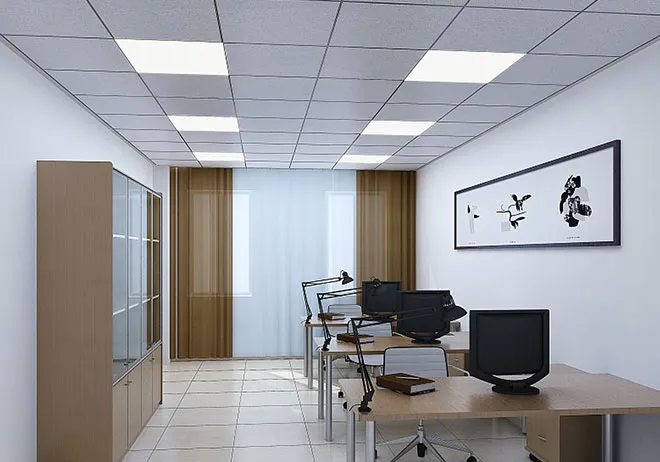Nov . 29, 2024 23:32 Back to list
Specifications for Fiber-Based Ceiling Tiles in Mineral Composition
Understanding Mineral Fibre Ceiling Tiles Specifications and Benefits
Mineral fibre ceiling tiles are a popular choice in commercial and residential applications due to their excellent acoustic properties, thermal insulation, and aesthetic appeal. These tiles are widely used in a variety of settings, including offices, schools, hospitals, and retail spaces. To make informed decisions when selecting mineral fibre ceiling tiles, it is essential to understand their specifications and the benefits they offer.
Composition and Manufacturing
Mineral fibre ceiling tiles are typically composed of a mixture of mineral wool, fiberglass, and other natural materials. These components make the tiles lightweight while providing strength and durability. The manufacturing process involves compressing these materials into a board, followed by a process that may include heat treatment and surface finishing. This results in a tile that is both functional and visually pleasing.
Key Specifications
1. Fire Resistance One of the critical specifications for mineral fibre ceiling tiles is their fire resistance rating. Most ceiling tiles are categorized based on the classification of ASTM E 84, which measures their flame spread and smoke development. Mineral fibre tiles typically have a Class A rating, meaning they provide a high degree of fire resistance, making them suitable for both commercial and residential applications.
2. Acoustic Performance Acoustic performance is another vital specification, especially in environments where sound control is necessary. The Noise Reduction Coefficient (NRC) measures a tile's ability to absorb sound. Mineral fibre ceiling tiles often have NRC values ranging from 0.6 to 0.95, indicating their effectiveness in minimizing noise levels in a space.
mineral fibre ceiling tiles specifications

3. Thermal Insulation These tiles also contribute to thermal insulation. The R-value indicates how well a material resists the transfer of heat. Mineral fibre ceiling tiles generally have favorable R-values, which help maintain comfortable indoor temperatures and reduce energy costs.
4. Moisture Resistance In high-humidity environments, it is crucial to consider moisture resistance. Some mineral fibre ceiling tiles are treated to be moisture-resistant, preventing sagging, mold growth, and deterioration. This feature makes them ideal for kitchens, bathrooms, and commercial kitchens.
5. Dimensions and Weight Mineral fibre ceiling tiles come in standard sizes, typically 2x2 feet or 2x4 feet, and are available in varying thicknesses. Their lightweight nature allows for easy installation, reducing labor costs and time.
6. Design and Aesthetics Beyond functionality, mineral fibre ceiling tiles are available in various colors, patterns, and textures, allowing for customization to fit any design scheme. Whether a modern, minimalist approach or a more traditional aesthetic, there’s a mineral fibre ceiling tile option that meets design needs.
Benefits of Mineral Fibre Ceiling Tiles
Choosing mineral fibre ceiling tiles offers numerous benefits. One significant advantage is their energy efficiency, contributing to lower heating and cooling costs. Their sound-absorbing qualities enhance the acoustics in busy environments, promoting a comfortable atmosphere for occupants. Furthermore, their fire-resistant properties provide an additional layer of safety in any building.
In summary, mineral fibre ceiling tiles represent an ideal choice for those seeking a blend of functionality and aesthetic appeal. When making a selection, it's essential to consider their specifications, including fire resistance, acoustic performance, thermal insulation, moisture resistance, dimensions, and design options. By understanding these factors, architects, builders, and homeowners can make informed decisions that enhance the overall quality and comfort of their spaces.
-
Quality Ceiling Trap Doors & Access Panels | Easy & Secure AccessNewsAug.30,2025
-
Durable Ceiling T Grid Systems | Easy InstallationNewsAug.29,2025
-
PVC Gypsum Ceiling: Durable, Laminated Tiles for Modern SpacesNewsAug.28,2025
-
Pvc Gypsum Ceiling Is DurableNewsAug.21,2025
-
Mineral Fiber Board Is DurableNewsAug.21,2025
-
Ceiling Tile Clip Reusable DesignNewsAug.21,2025







